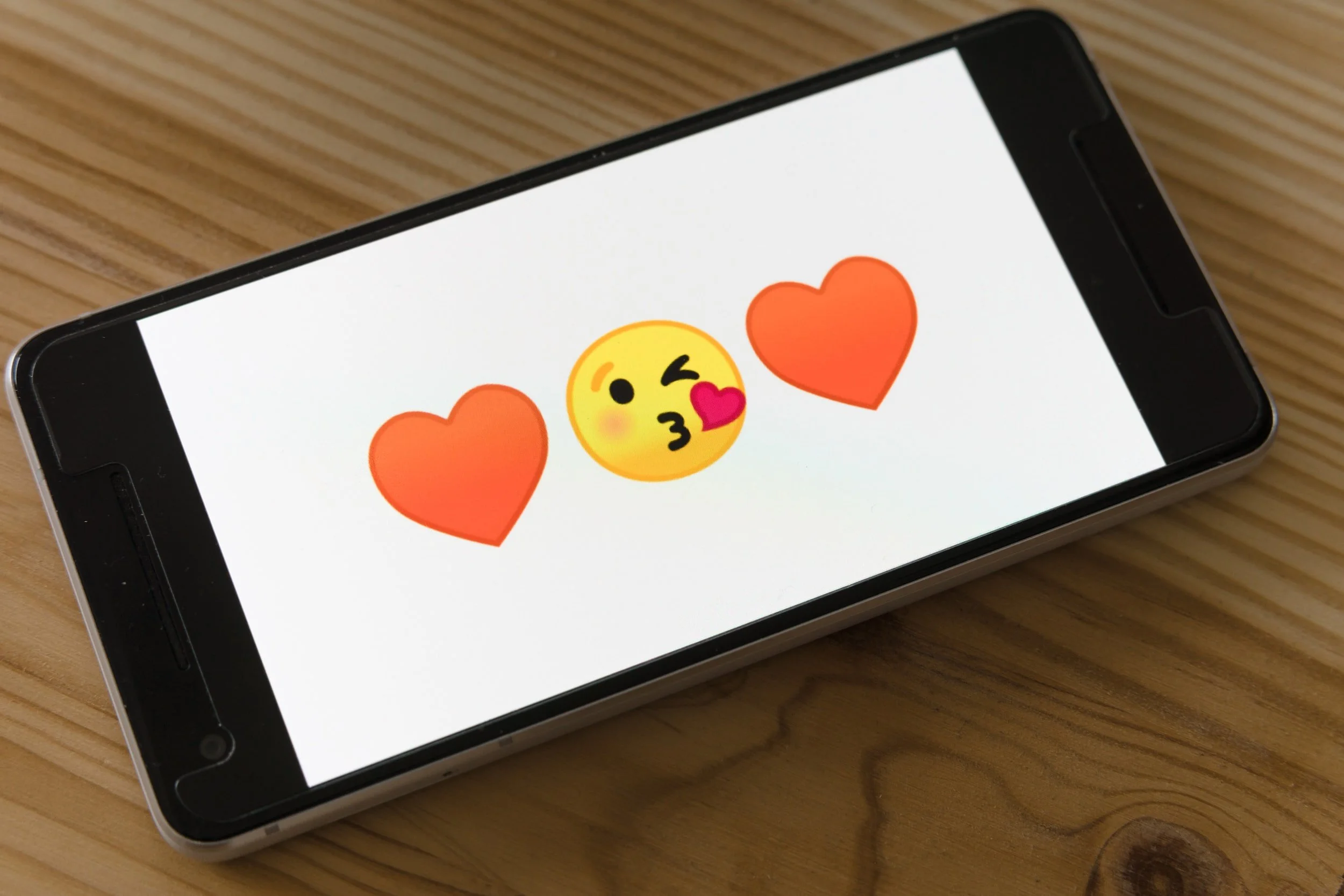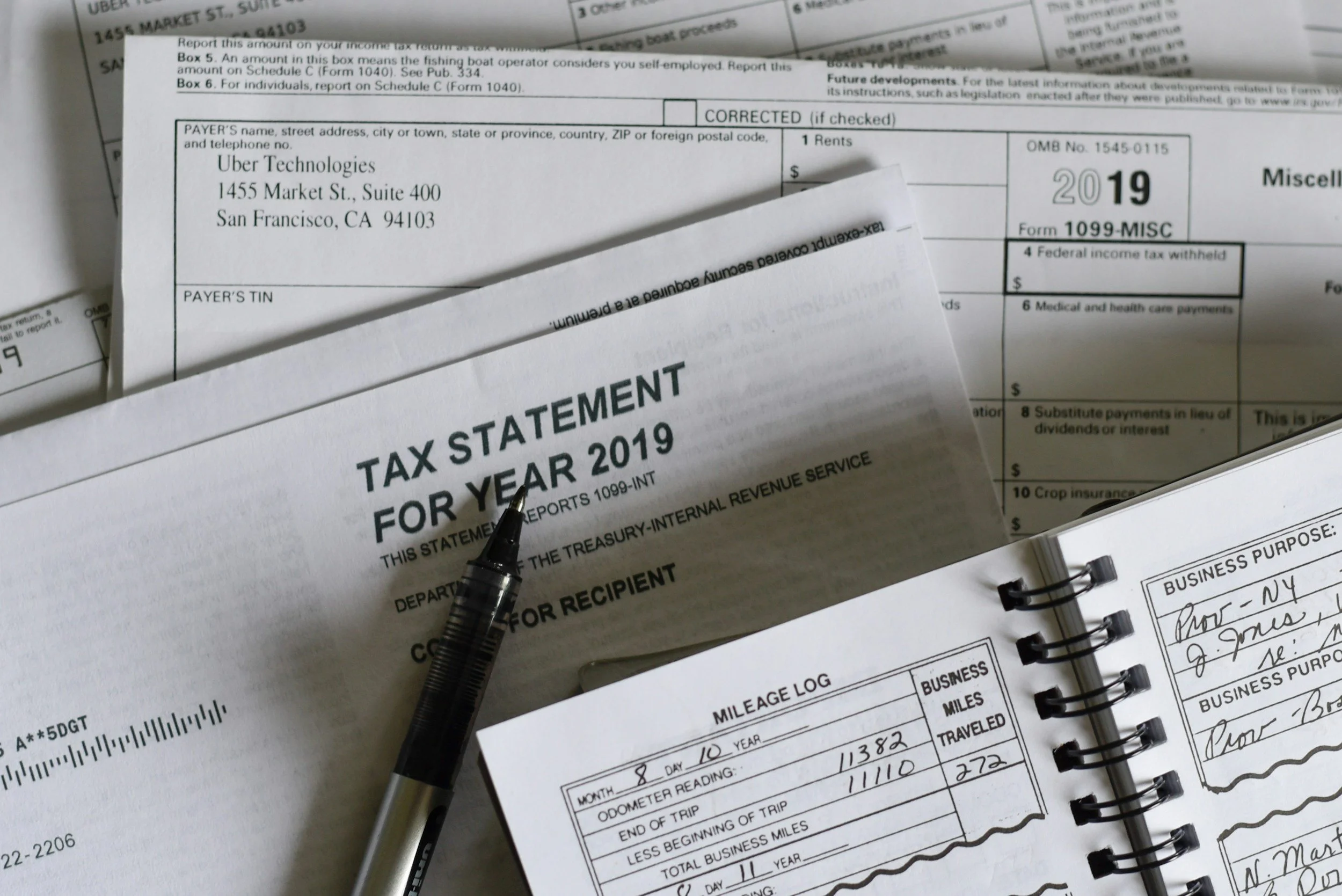Online Dating - Has It Benefited Us As A Society?
By PAGE Editor
Online dating is a relatively new phenomenon that has emerged as a result of the digital age. It is a way of meeting potential romantic partners through online platforms or applications. These platforms provide a variety of tools and features that allow individuals to connect with others who share similar interests, values, and preferences. The purpose of online dating is to help people find compatible partners and establish meaningful relationships.
The history of online dating can be traced back to the 1960s when the first computer dating service was created by Harvard students. However, it wasn't until the 1990s when the internet became more accessible and widespread that online dating really began to take off. The first dating website, Match.com, was launched in 1995, and since then, a variety of dating apps and websites have emerged, each with its own unique features and focus.
The purpose of this article is to explore whether online dating has benefited society as a whole. While online dating has become increasingly popular in recent years, there is an ongoing debate about its impact on society. Some argue that it has revolutionized the dating game, while others believe it has led to negative consequences such as a lack of authenticity and a decline in genuine connections. By examining the positive and negative aspects of online dating and its impact on society, we can gain a better understanding of this cultural phenomenon and its implications for modern relationships.
Negative aspects of online dating
While online dating has its benefits, there are also negative aspects that have been associated with it. Some of the negative aspects of online dating include:
Potential for deception and misrepresentation: One of the major concerns with online dating is the potential for users to deceive or misrepresent themselves. This can be through the use of fake profiles, photos that are outdated or altered or lying about their interests or personality. This can lead to disappointment, frustration, and even danger for those who may be involved with someone who is not who they claim to be.
Can lead to shallow or superficial judgments: Online dating can encourage users to make quick judgments based on superficial factors such as appearance or profile pictures. This can lead to missed opportunities for genuine connections, as well as perpetuate harmful beauty standards and societal expectations.
May contribute to a "throwaway culture" in dating: Online dating provides a seemingly endless supply of potential partners, which can lead to a mentality of constantly searching for something better. This can result in a "throwaway culture" in dating, where individuals may be more likely to ghost or end relationships abruptly rather than working through issues or trying to establish a deeper connection.
Can foster a sense of detachment or depersonalization: Online dating can lead to a sense of detachment or depersonalization, as communication is often done through screens rather than in-person interactions. This can make it difficult to establish genuine connections and may contribute to a feeling of loneliness or isolation.
In conclusion, while online dating has its benefits, it also has negative aspects that should be taken into consideration. The potential for deception and misrepresentation, shallow or superficial judgments, a "throwaway culture" in dating, and a sense of detachment or depersonalization are all concerns that should be addressed. By being aware of these negative aspects, users can take steps to ensure their safety and well-being while using online dating platforms.
Positive aspects of online dating
Online dating has several positive aspects that have contributed to its growing popularity. Some of these positive aspects include:
Increased accessibility to potential partners: Online dating provides a wider pool of potential partners compared to traditional dating methods. It offers access to people from different backgrounds, locations, and interests that one may not have otherwise met in their daily life. This increased accessibility is particularly beneficial for adult dating, in particular to adults who may have limited opportunities to meet new people due to work or other commitments.
Ability to filter for specific traits and characteristics: Online dating allows individuals to create detailed profiles and filter potential matches based on specific criteria such as age, interests, and values. This helps users to focus on finding partners who share similar values and interests, which can lead to more compatible matches and long-lasting relationships.
Can provide a platform for those who struggle to meet people in person: For some individuals, social anxiety, shyness, or geographical location can make it difficult to meet potential partners in person. Online dating can provide a platform for these individuals to connect with others from the comfort and safety of their own homes.
Offers a sense of control and comfort in the dating process: Online dating allows individuals to take control of the dating process and move at their own pace. It provides a level of comfort in the sense that users can get to know someone before meeting in person, and can communicate through messaging or video calls before deciding to meet up. This sense of control can be especially beneficial for individuals who have experienced negative dating experiences in the past.
In summary, online dating offers several positive aspects, including increased access to potential partners, the ability to filter for specific traits and characteristics, providing a platform for those who struggle to meet people in person, and offering a sense of control and comfort in the dating process. These aspects have made online dating a popular choice for many adults looking for love and companionship.
Impact on Society
The impact of online dating on society has been the subject of much debate in recent years. While some argue that it has revolutionized the dating game, others have expressed concerns about its impact on social norms and expectations. Here are some of the ways in which online dating has impacted society:
Changing attitudes towards dating and relationships: Online dating has challenged traditional dating norms and has changed the way people think about relationships. It has become more acceptable to meet potential partners online and to establish meaningful connections through digital platforms. This shift has also led to more diverse relationship models, including polyamory and open relationships.
Potential impact on marriage rates: With the rise of online dating, there has been speculation that it could impact marriage rates. Some studies have suggested that online dating has contributed to a decline in marriage rates, as individuals may choose to remain single or in casual relationships rather than commit to marriage.
Shifts in gender roles and power dynamics: Online dating has also impacted gender roles and power dynamics in relationships. Women, in particular, have been able to take more control over the dating process and have greater agency in choosing partners. However, there are concerns that online dating could perpetuate gender stereotypes and contribute to objectification.
Influence on social norms and expectations: Online dating has also impacted social norms and expectations around dating and relationships. It has become more acceptable to meet potential partners online, and there is a greater emphasis on physical appearance and superficial factors when choosing partners. This can lead to unrealistic expectations and contribute to a culture of instant gratification.
In conclusion, online dating has had a significant impact on society, changing attitudes toward dating and relationships, potentially impacting marriage rates, shifting gender roles and power dynamics, and influencing social norms and expectations. While there are concerns about its negative impact, online dating sites have also opened up new possibilities for individuals to connect with others and establish meaningful relationships.
Conclusion
In conclusion, online dating has both positive and negative aspects that have impacted society in various ways. Some of the positive aspects include increased access to potential partners, the ability to filter for specific traits and characteristics, providing a platform for those who struggle to meet people in person, and offering a sense of control and comfort in the dating process. However, some of the negative aspects include the potential for deception and misrepresentation, shallow or superficial judgments, a "throwaway culture" in dating, and a sense of detachment or depersonalization.
It is important to be aware of both the benefits and drawbacks of online dating in order to make informed decisions about its use. It is also important to reflect on one's personal experiences with online dating and consider how it has impacted their own life.
In my personal opinion, while online dating has its downsides, it has overall benefited society by providing a new way for people to connect and establish meaningful relationships. However, it is important for individuals to approach online dating with caution and to prioritize safety and authenticity in their interactions.
In summary, online dating has both positive and negative aspects, and its impact on society is complex. By being aware of these factors, individuals can make informed decisions about their use of online dating and its role in their own lives.
HOW DO YOU FEEL ABOUT FASHION?
COMMENT OR TAKE OUR PAGE READER SURVEY
Featured












When investing in quartz countertops, choosing the right warranty and care package is just as important as selecting the color and finish.